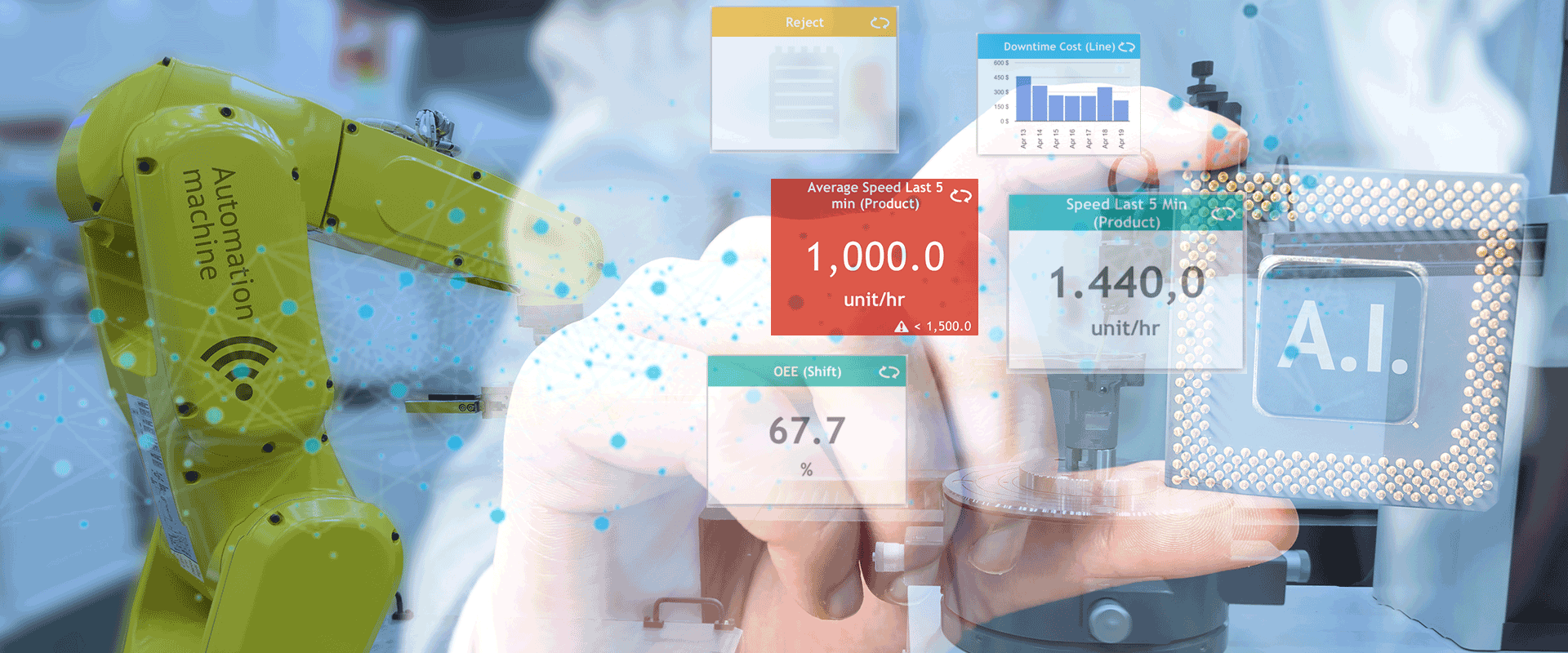The innovations resulting from the arrival of artificial intelligence (AI) are within reach for many companies. When it comes to using AI and the Industrial Internet of Things (IIoT,) Senior Vice President, Global Solutions & Innovation at Hitachi Consulting Philip Townsend says these things need to “work together securely at commercial or industrial scale to create business value.” In a report he wrote with Vice President Organization Effectiveness at Hitachi Consulting Susan Anderson and Hitachi Fellow Dr. Kazuo Yano, they discuss the “Five pillars of a successful AI-based transformation,” and more with a view to helping your manufacturing plant more lean and agile with AI and IIoT.
Here are the five pillars of a successful AI-based transformation according to Townsend, Anderson, and Yano.
- Demonstrate effective digital leadership: Leaders wanting to create new value streams from AI need to be collaborative with groups like R&D and IT, but also recognize that the digital vision ultimately cascades from the top down through the rest of the organization.
- Enhance customer engagement: In practical terms, this means putting the customer at the center of the AI vision and building the capabilities required to move ever closer to customers, end-users, suppliers and investors.
- Improve the operational environment. This pillar is foundational because AI and other digital capabilities enable organizations to act faster, smarter and more cohesively, with unprecedented levels of clarity and precision.
- Evolve the core architecture: An essential component of digital transformation using AI is evolving the core architecture. Streamlined, secure and robust IT drives the digital enterprise, creating a more responsive digital core that provides intuitive access to business data and apps that enable greater efficiency and effectiveness.
Source + read the complete report.
















